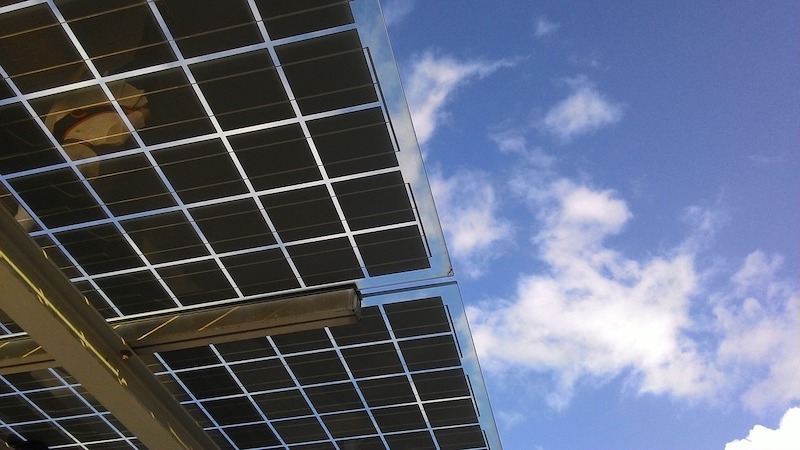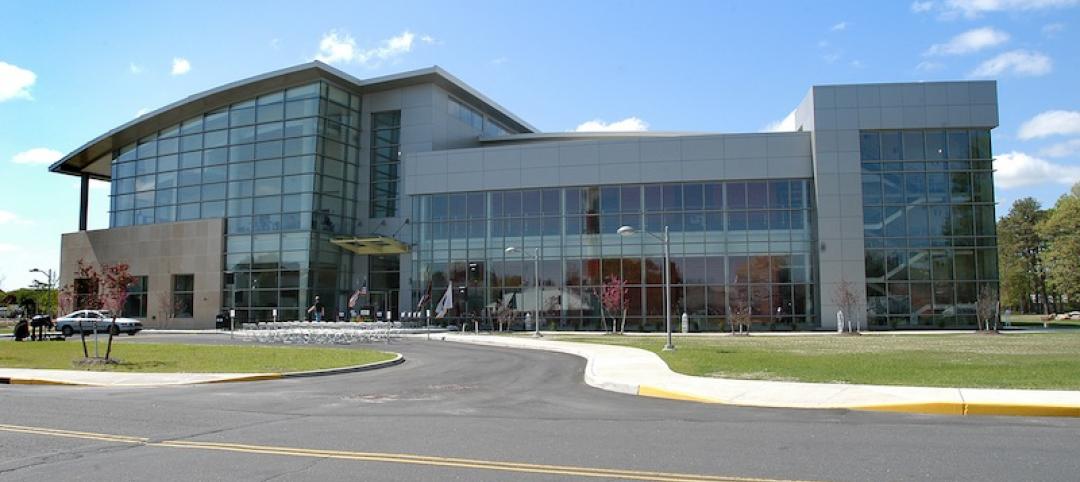At least 20 energy efficiency programs in the U.S. and Canada are focusing on encouraging and assisting building projects to be built to zero-energy and zero-energy-ready standards.
According to the American Council for an Energy Efficient Economy (ACEEE), these programs have an annual budget of about $65 million. They have collectively completed nearly 200 single-family homes, about 900 apartments in multifamily buildings, and 74 commercial totaling more than two million square feet of floor area. Affordable housing accounts for a significant portion of the multifamily projects.
A zero-energy building produces an amount of onsite energy (typically from photovoltaic panels) that equals or exceeds the energy it buys from utilities plus the energy losses from generation and transmission over the course of a year. Zero-energy-ready buildings are typically efficient enough to be operated with onsite energy, but lacking the solar energy systems needed to make the building truly zero-energy.
A few programs promote zero-carbon buildings, which emit no net carbon over the course of a year. Zero-energy homes and buildings often cost a little more to build than conventional homes and buildings, but as experience is gained, costs are going down, ACEEE says.
Related Stories
| Mar 14, 2013
Possible tax code changes prompt action from various industries, including construction
With Congress potentially tackling tax reform, businesses, trade groups and others are jockeying to get their voices heard.
| Mar 14, 2013
Concrete Polishing Association of America releases new standards
The Concrete Polishing Association of America(CPAA) Standards Committee, which reflects a cross-section of the concrete polishing industry, has created terminology to define the products and processes used to produce insitu polished concrete.
| Mar 14, 2013
World Green Building Council: Green buildings help mitigate real estate risk
Green buildings can offer benefits to a wide array of stakeholders throughout their life cycle, according to a report released by the World Green Building Council.
| Mar 14, 2013
Sustainability index aims to evaluate REITs on the greenness of their properties
FTSE Group, the National Association of Real Estate Investment Trusts, and the U.S. Green Building Council are working on a sustainability index that measures the portfolios of real estate investment trusts to provide transparency about LEED certification and Energy Star ratings.
| Mar 6, 2013
OSHA: Employers must post injury and illness summaries
The Occupational Safety and Health Administration is reminding employers to post OSHA Form 300A, which lists a summary of the total number of job-related injuries and illnesses that occurred during 2012.
| Mar 6, 2013
Study provides guidance to states on linking utility efficiency programs with energy codes
As states increasingly look to utilities to play an active role in supporting building energy codes, a new report from a coalition of energy efficiency advocates, has been issued to provide guidance for how state regulatory commissions and energy offices can best develop and evaluate such efforts.
| Mar 6, 2013
Triple-pane windows, heat pumps part of New York’s plan to meet 2050 emissions goal
Renovations providing better insulation, triple-paned windows, heat pumps and other techniques that minimize heat loss and save on energy use for residential and commercial buildings are key to New York City’s goal of reducing its carbon emissions by 90% by 2050.
| Mar 6, 2013
EPA asks for feedback on Energy Star criteria on tubular daylighting devices and skylights
The U.S. Environmental Protection Agency (EPA) has requested feedback from stakeholders about draft two of the Energy Star tubular daylighting devices (TDD) and revised skylight criteria.
| Mar 6, 2013
AAMA moves to streamline windows, doors certification extensions
The American Architectural Manufacturers Association (AAMA) says it will update an interim procedural guide that will provide a documented, optional process to extend current, unexpired AAMA product certification.
| Feb 26, 2013
Tax incentive database for reflective roofs available
The Roof Coatings Manufacturers Association (RCMA) and the Database of State Incentives for Renewables & Efficiency (DSIRE) created a database of current information on rebates and tax credits for installing reflective roofs.









